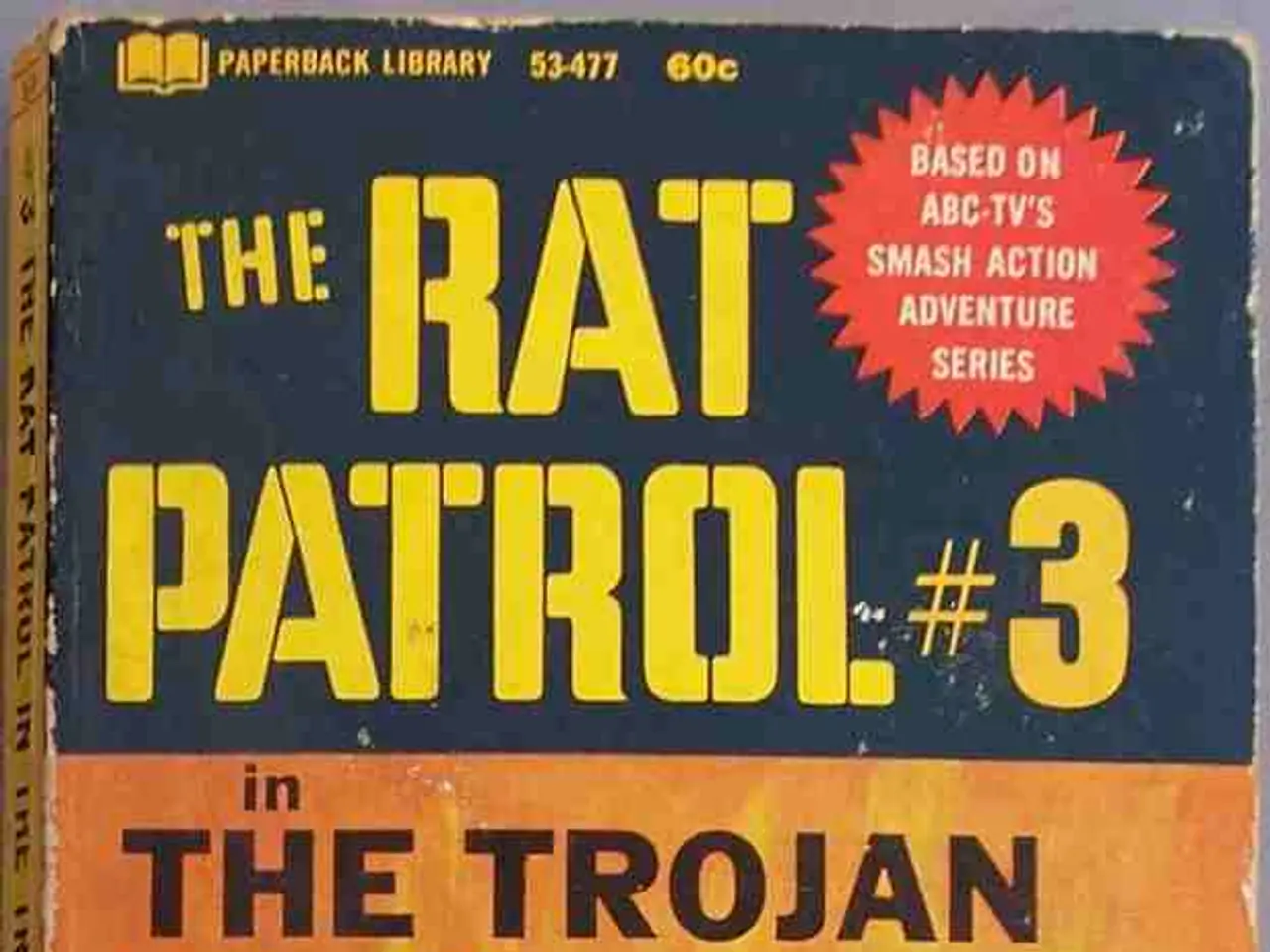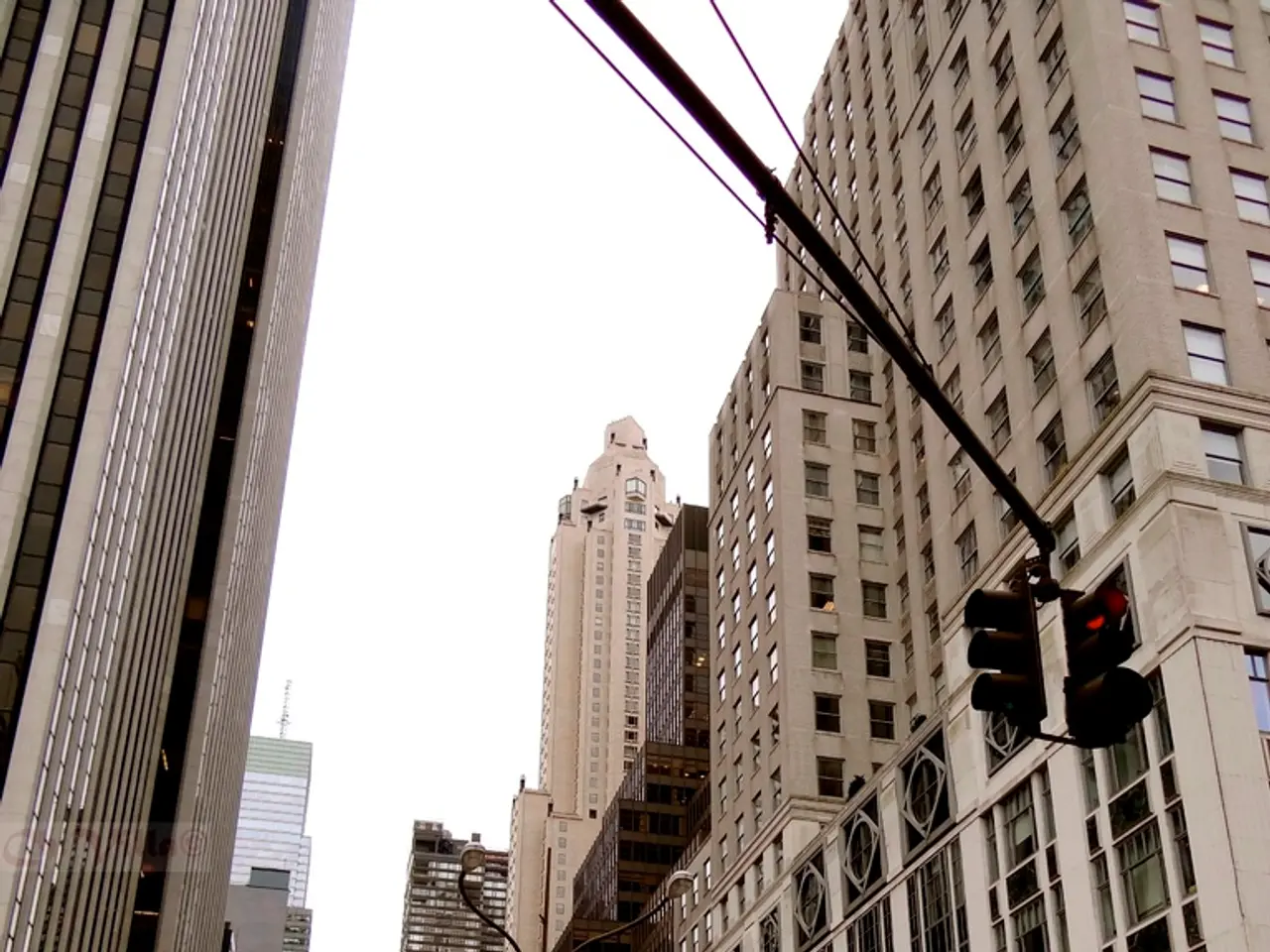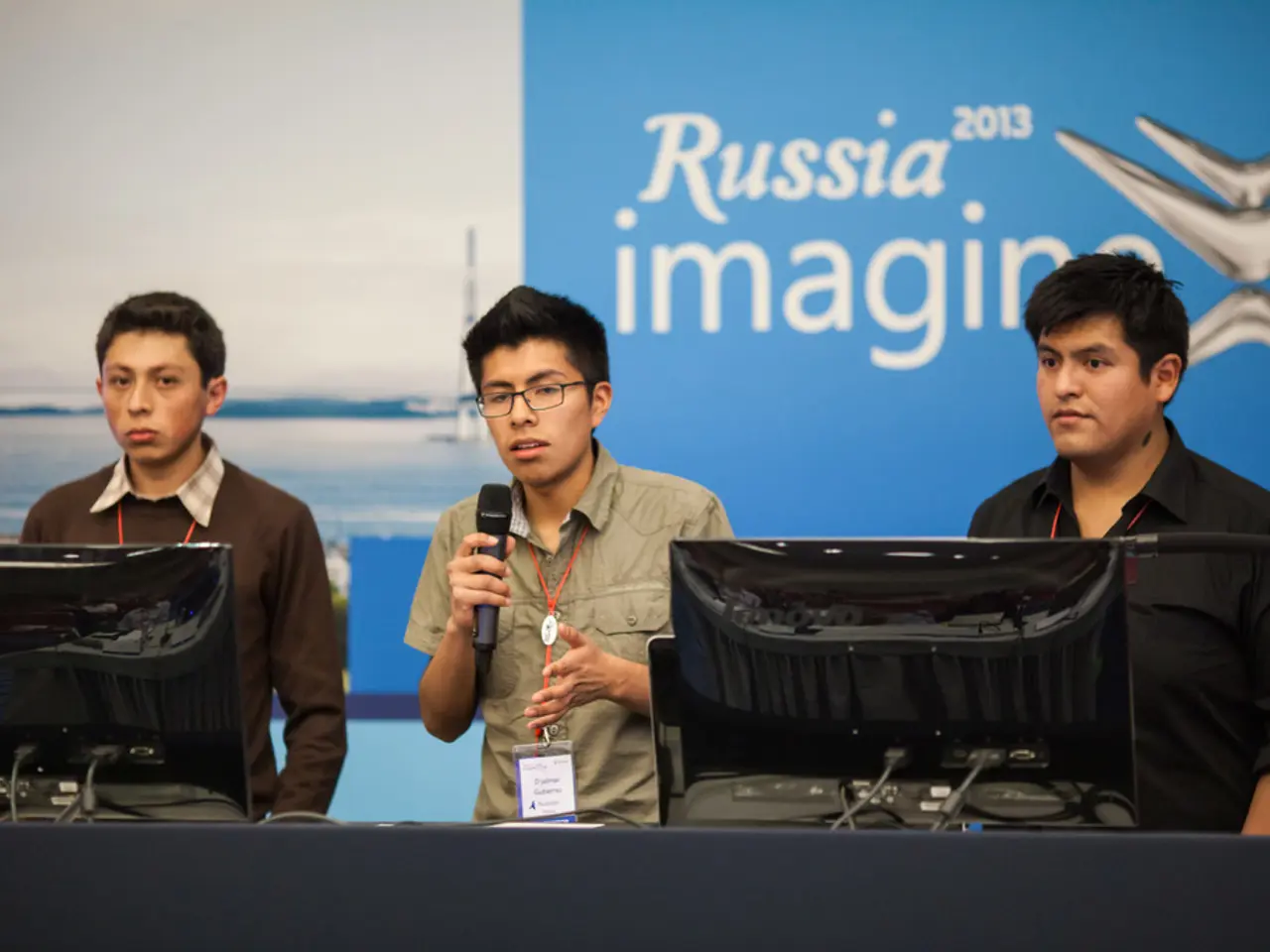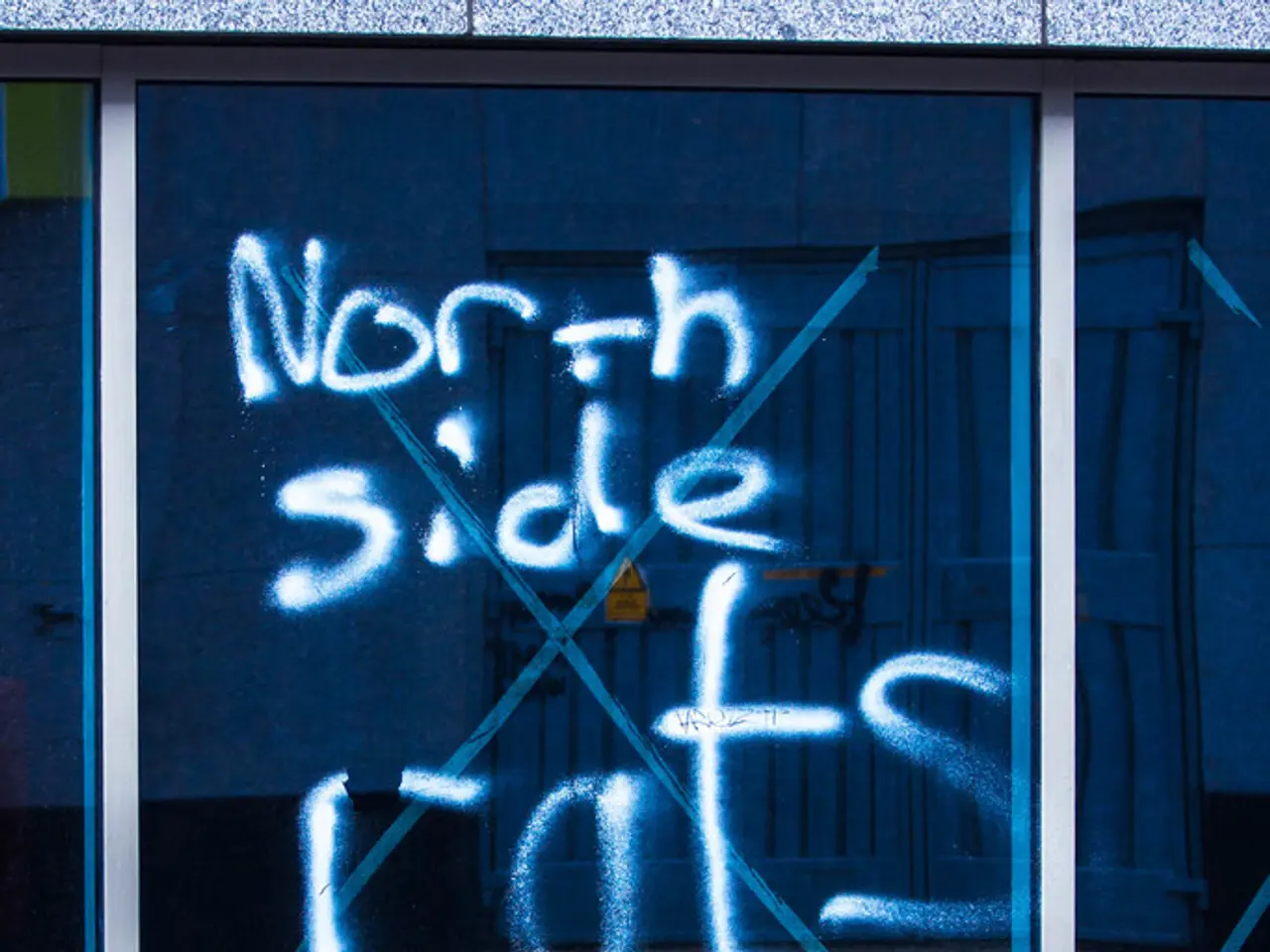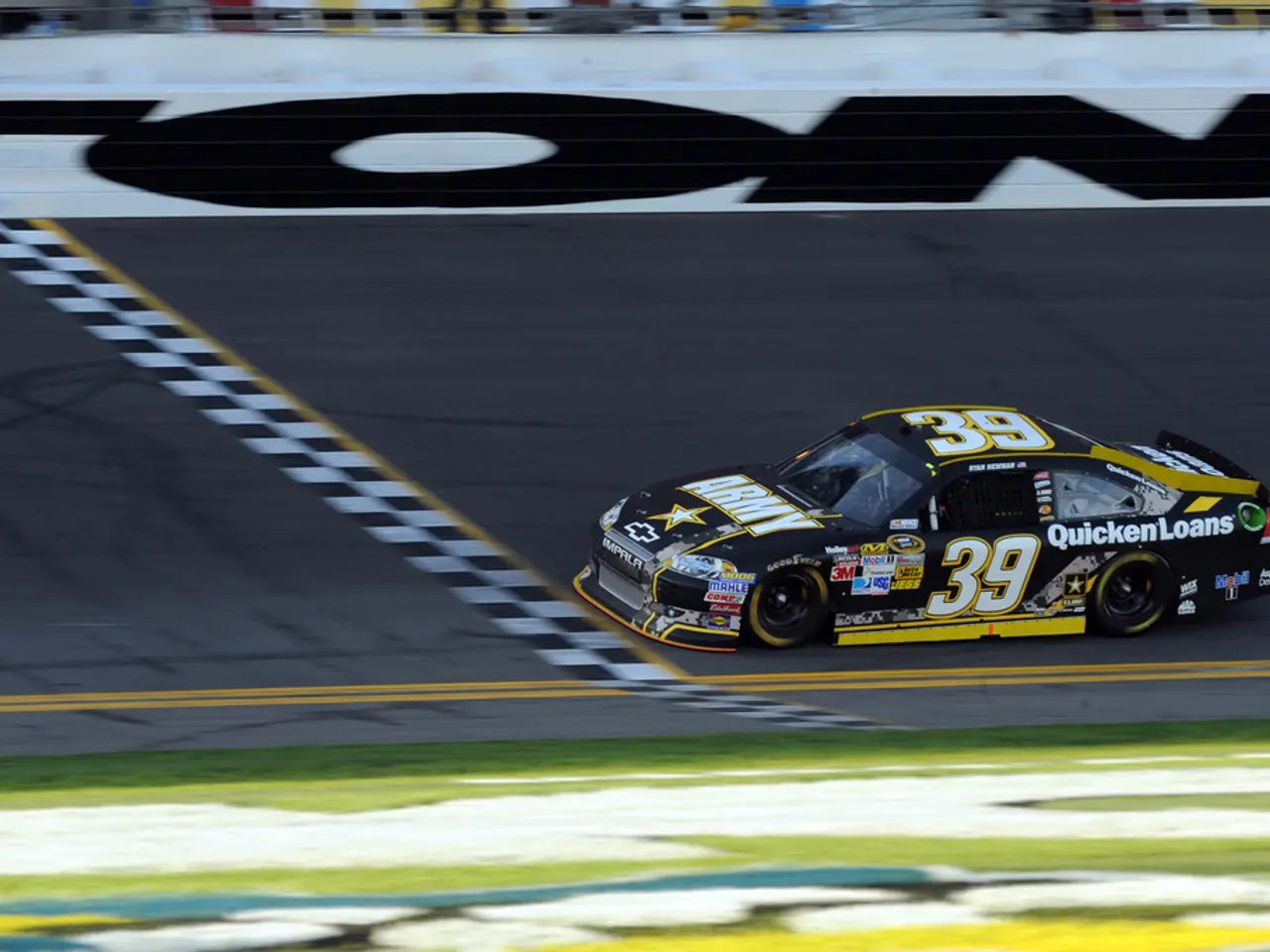Russia's Perspective on Achieving Success in Ukraine Conflict
In the ongoing conflict between Russia and Ukraine, the Russian regime's interpretation of victory is flexible, subjective, and heavily influenced by the strategic culture and geopolitical objectives of the nation.
According to military strategist Basil Liddell Hart, the objective in war is to achieve a better state of peace, even if from one's own point of view. This sentiment resonates with the Russian perspective, which prioritizes the perception of the Russian people that the achieved victory justifies the costs of the war.
The Russian approach to victory in Ukraine is shaped by its strategic culture of protracted, attritional warfare. This strategy aims to exhaust the opponent rather than achieving rapid decisive victories. Politically, Russia seeks not only territorial control but also the subjugation and redefinition of Ukraine’s government, identity, and security posture to serve Moscow’s broader geopolitical objectives.
Strategically, Russia’s approach embraces a war of attrition designed to erode Ukraine’s military capability and political will to fight, coupled with an expectation that Western support—particularly from the U.S.—will eventually wane. This reflects a longstanding Russian military tradition valuing patience and endurance over rapid campaigns.
The Russian political elite contends that Russia should be a superpower in a multipolar world, recognized as such by the international community. President Putin and Kremlin officials aim to expand control beyond the four occupied oblasts (Luhansk, Donetsk, Zaporizhia, Kherson) with ambitions to seize additional Ukrainian territories, including cities like Sumy, Odesa, and Kharkiv. They also seek to replace Ukraine’s democratic government with a pro-Russian puppet regime, neutralize Ukraine militarily, and embed policies ensuring Ukraine’s permanent neutrality and absence from NATO.
The ultimate strategic victory involves the permanent termination of political conflict on the condition of the victor, formalized in an international document and ruling out new wars. However, the Russian leadership considers the outcome of a war on a spectrum, with political victory being the highest form of success.
Despite initial setbacks and battlefield losses, Russia has shifted to a sustained war footing, including mobilization of reserves and targeting Ukrainian critical civilian infrastructure to erode morale and will to fight. Conversely, Ukrainian forces, under inspiring political leadership, managed to withstand the initial Russian offensive and have since taken over the initiative, liberating half of the territory Russia had occupied.
The Western willingness to continue supporting Ukraine in resisting Russian advances and liberating occupied territory is viewed as decisive by the Russian regime. Many argue that Ukraine should be supported until all its territory is liberated, including Crimea and the initial separatist regions in the Donbas. However, the Russian armed forces currently have neither the troop numbers nor the capacity to subdue and pacify all of Ukraine.
In Russian strategic culture, military action is seen as an integral part of policy and should always contribute to political objectives. The Russian regime initially regarded its invasion of Ukraine as a "regional conflict" with "important" military-political goals, and its classification as a "special military operation" may have been genuine. Completing the annexation of Donetsk, Luhansk, Zaporizhzhya, and Kherson oblasts provides strategic depth and a clear geographical objective for Russia.
The broader objective of transforming the world order into a multipolar system, with Russia as one of those poles, is increasingly voiced as the context for the intervention in Ukraine by the Russian political elite. The Russian invasion of Ukraine is seen as a necessary offensive move within a strategic defensive posture by the Russian political elite, aimed at protecting Russia’s strategic interests and countering Western influence.
In summary, the Russian perspective on victory in Ukraine combines a strategic culture that accepts and plans for a prolonged, exhausting conflict, political objectives centered on dismantling Ukrainian sovereignty and removing Western influence, and a belief that time favors Russia due to the finite nature of Western support for Ukraine. This outlook shapes Russian military and political conduct in the ongoing war.
- The Russian leadership values political victory as the highest form of success, which involves the permanent termination of political conflict, formalized in an international document, and ruling out new wars.
- Strategically, Russia's approach to Ukraine includes a war of attrition designed to erode Ukraine's military capability and political will to fight, coupled with an expectation that Western support will eventually wane.
- The Russian political elite aims to expand control beyond the four occupied oblasts, with ambitions to seize additional Ukrainian territories and replace Ukraine’s democratic government with a pro-Russian puppet regime.
- In Russian strategic culture, military action is seen as an integral part of policy, and it should always contribute to political objectives, such as the subjugation and redefinition of Ukraine’s government, identity, and security posture.
- The Russian regime initially regarded its invasion of Ukraine as a "regional conflict" with "important" military-political goals, and its classification as a "special military operation" may have been genuine, with a broader objective of transforming the world order into a multipolar system, with Russia as one of those poles.
